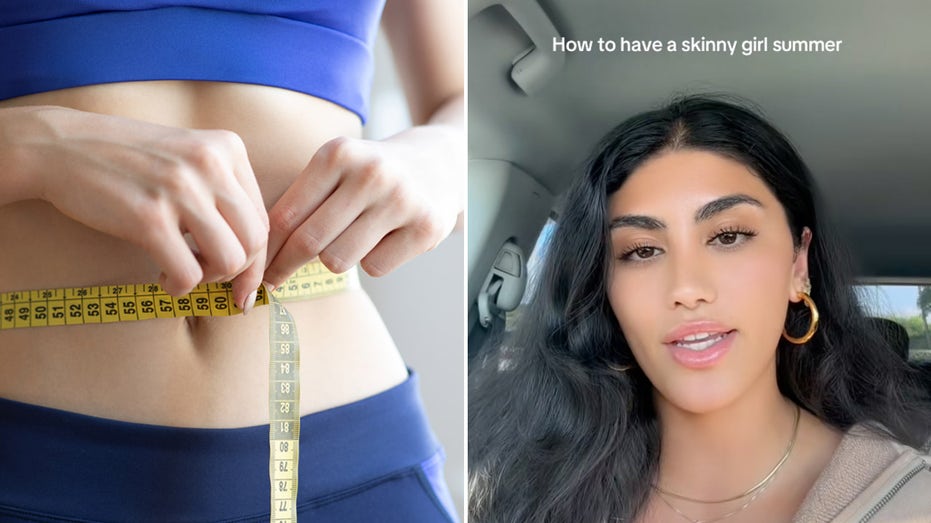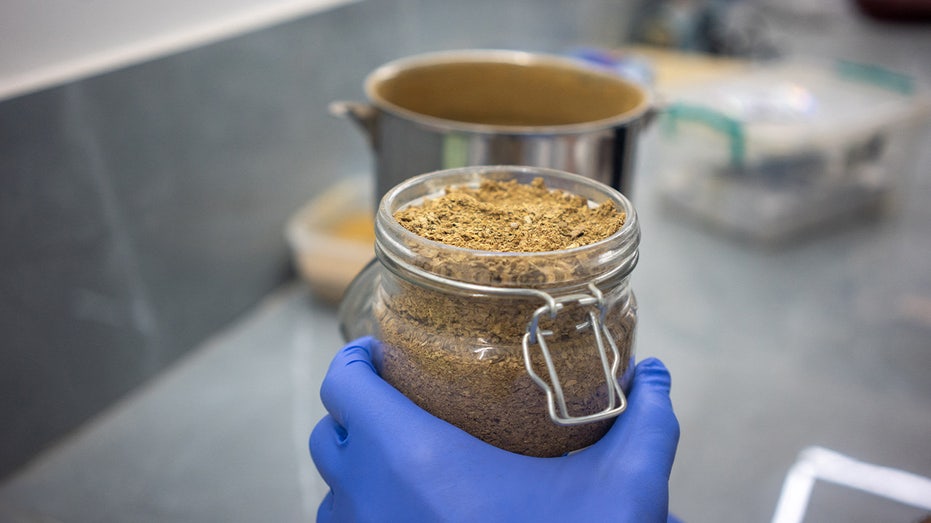‘SkinnyTok’ Trend on TikTok Sparks Fears Over Dangerous Dieting and Food Deprivation

Sarah Johnson
April 27, 2025
Brief
The SkinnyTok trend on TikTok promotes rapid weight loss but raises concerns among health experts about unhealthy body ideals, extreme dieting, and risks to teens' mental and physical health.
Social media’s latest obsession, the "SkinnyTok" trend on TikTok, is raising alarm bells among health experts and parents alike. The hashtag, which has racked up more than 60,000 tagged videos as of late April, is filled with influencers sharing rapid-fire tips for losing weight—often with the goal of getting as skinny as possible, as fast as possible. If you think that sounds like a recipe for trouble, you’re not alone.
Miami influencer Mandana Zarghami, 25, has amassed a following by posting about portion control and daily movement. She says SkinnyTok can motivate people to make healthy changes, but she openly admits it can also glamorize unhealthy habits and unrealistic body ideals, especially if you end up following the wrong crowd. As she puts it, "You control what you consume"—a phrase that could double as TikTok’s terms of service at this point.
But according to Dr. Brett Osborn, a Florida neurosurgeon who’s seen the fallout from extreme dieting up close, SkinnyTok is less about wellness and more about celebrating starvation. He warns that chasing extreme thinness can lead to malnutrition, hormone disruption, weak bones, and even cognitive damage—especially in teenagers and young adults, whose bodies and brains are still developing. Osborn puts it bluntly: "Starvation is not a virtue." Instead, he urges young people to focus on building muscle, not shrinking down to a size zero. In his words, "Being lean and strong, not thin and frail, is the true measure of health."
Dr. Jillian Lampert, who works at an eating disorder treatment center in Minnesota, says SkinnyTok dangerously glorifies drastic measures to change the body and tends to target those already struggling with body image. She warns that TikTok’s algorithms can quickly turn one "curious" click into an endless feed of toxic content, making it harder for users to escape the comparison trap. That’s one social media spiral nobody needs.
Meanwhile, Dr. Anastasia Rairigh, an obesity medicine specialist, points out that extreme food deprivation can mess with your heart, bones, brain—and even be deadly. She recommends modeling a healthy relationship with food and encouraging young people to get off their phones and into real-world activities. So, apparently, there is life beyond scrolling.
Despite the controversy, Zarghami and others promoting SkinnyTok insist the trend can be a force for good if it emphasizes proper nutrition and active living. But experts agree: Balance and mental health matter more than fitting into a trend—on social media or anywhere else. So next time you’re tempted by a "get-thin-quick" video, maybe reach for a snack and a walk instead of the like button.
Topics
Editor's Comments
It’s wild how TikTok can turn a hashtag into a health crisis faster than you can finish a salad. Maybe the real challenge should be seeing who can resist the algorithm’s rabbit hole the longest—now there’s a trend worth following! Seriously though, if your fitness inspo is coming from a trending dance paired with calorie math, it might be time to log off and have a real meal.
Like this article? Share it with your friends!
If you find this article interesting, feel free to share it with your friends!
Thank you for your support! Sharing is the greatest encouragement for us.



